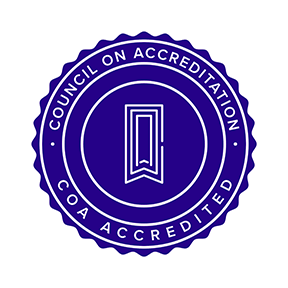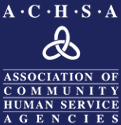Trinity Youth Services Stands with California’s Behavioral Health Leaders to Support the Declaration of Racism as a Public Health Crisis
18th of March 2021
 Trinity Youth Services joins the California Council of Community Behavioral Health Agencies, The California Alliance of Child and Family Services and other behavioral health leaders across the state in strong support of the growing list of cities and county jurisdictions that are declaring racism to be a public health emergency or crisis. Trinity acknowledges this as a first step toward shining a light on the realities of systemic, institutional, and structural racism that leads to abuse of power and racial injustice.
Trinity Youth Services joins the California Council of Community Behavioral Health Agencies, The California Alliance of Child and Family Services and other behavioral health leaders across the state in strong support of the growing list of cities and county jurisdictions that are declaring racism to be a public health emergency or crisis. Trinity acknowledges this as a first step toward shining a light on the realities of systemic, institutional, and structural racism that leads to abuse of power and racial injustice.
As the United States faces numerous challenges, we must prioritize the need to fix the deeply embedded systemic and structural beliefs and practices which negatively impact racial and ethnically diverse communities. The mental and physical health of the individuals that make up these communities is being profoundly affected and we must take a stand.
In California, Black Americans have a lower life expectancy, higher burden of disease from a preventable cause, and less access to mental health care than their white counterparts. Black children are four times more likely to have an emergency visit due to asthma. Black women are four times more likely to die in childbirth. Black older adults are at a significantly higher risk for dementia. The American Academy of Family Physicians has spoken out about the fact that racism directly accounts for tens of billions of dollars spent on excessive medical costs and loss of productivity due to lack of equitable access to appropriate services.
At Trinity, we are acutely aware of the structural inequities that exist in many public systems. Black, Latino and Native American children continue to enter the foster care and juvenile justice system at disproportionally high rates, just as their adult counterparts are incarcerated at disproportionally higher rates than whites. It is our responsibility to do everything within our power to break the institutional pipeline for foster youth, but to do so, we must actively engage and partner with the health, education and justice sectors to develop “anti-racist” policies and practices that support our work, and the work of so many of our peer agencies and advocates.
We implore our peer agencies, as well as all human service organizations to adapt and adopt action steps as part of a statewide declaration of racism as a public health crisis and to engage their stakeholders and the greater community in a broader conversation to end racism in all sectors of our society.
In Solidarity,
Cher Ofstedahl, CEO




